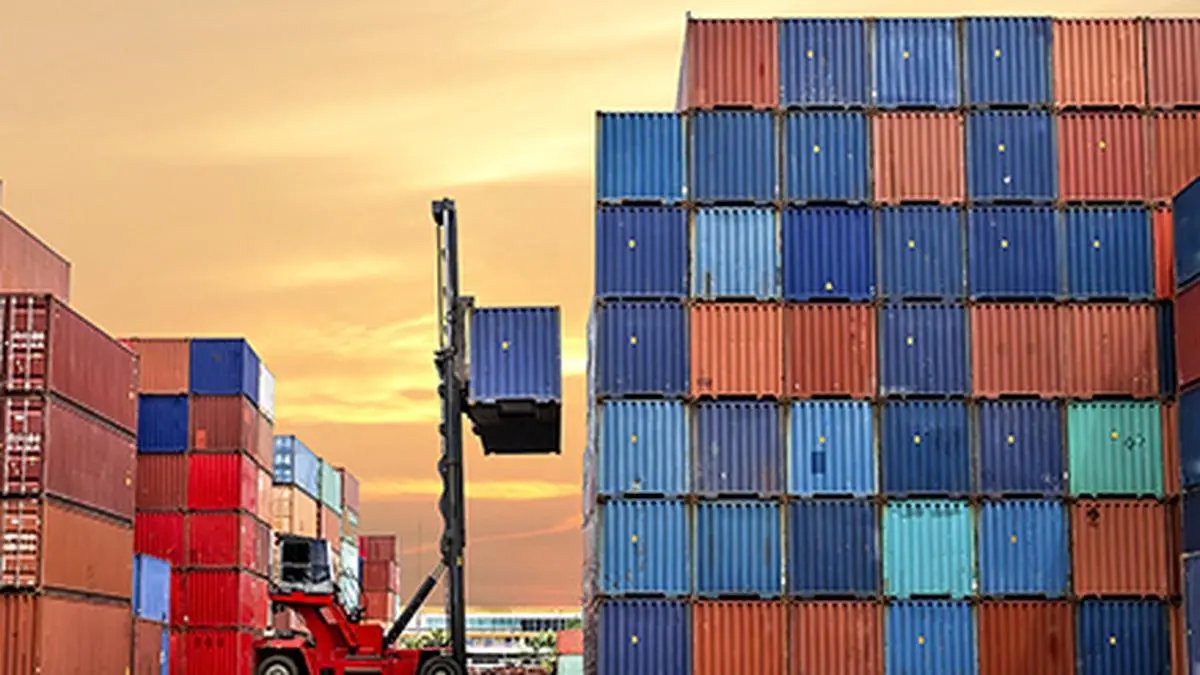GST council’s green signal to issue export refunds in 7 days will reduce working capital blockage, say exporters

Exporters have said the GST council’s decisions on facilitating trade, including its green signal to issuance of export refunds within seven days based on risk analysis, will help them battle liquidity crisis amid US tariff woes.
“The council’s approval to release export refunds within seven days based on risk analysis, along with provisional refunds under the inverted duty structure for sectors such as textiles, pharmaceuticals, chemicals, and fertilizers, is a very welcome move. These reforms will go a long way in reducing working capital blockages and providing timely relief to our exporters,” according to exporters’ body FIEO.
On Wednesday, the GST council, chaired by Finance Minister Nirmala Sitharaman, approved several measures aimed at facilitating trade and improving liquidity of exporters grappling with 50 per cent import duties imposed by the US.
Timely GST refund would partly ease the pain of exporters as they struggle to retain their presence in the US while looking to diversify their markets. Exporters are in discussion with the government on a larger support package which could include credit guarantee/interest subsidy, marketing assistance and incentive schemes providing duty credits.
“It is encouraging to see that the GST council has recognised the struggles of exporters and tried to provide relief. We are now hoping that the other measures being discussed as part of the Export Promotion Mission and independently will soon follow,” a Delhi-based exporter said.
The GST council allowed sanction of risk-based provisional refund to facilitate refund claims on account of zero-rated supply of goods or services or both. This means measures on provisional refunds will apply to export of goods or services or both or supply to a Special Economic Zone developer/unit for authorised operations.
The Council recommended amendment in rules to provide for sanction of 90 per cent of refund claimed as provisional refund on the basis of identification and evaluation of risk by the system. However, in exceptional cases, an officer may, for reasons to be recorded in writing, proceed with the detailed scrutiny of the refund claim instead of granting refund on provisional basis.
Responding to the demands of sectors suffering from inverted duty structure (where levies on inputs are higher than on the final product) such as textiles, pharmaceuticals, chemicals and fertilisers, the council recommended grant of provisional refund equivalent to 90 per cent of amount claimed as refund, arising out of inverted duty structure. This will be on the basis of identification and evaluation of risk by the system, as in the case of provisional refunds on account of zero-rated supplies.
The measures are to be operationalised from November 1, 2025.
To help small exporters sending shipments through courier or postal mode, the council has amendment of the CGST Act 2017, to remove the threshold limit for refunds arising out of exports made with payment of tax. “This will particularly help small exporters making exports through courier, postal mode etc,” per the government.
Published on September 4, 2025



